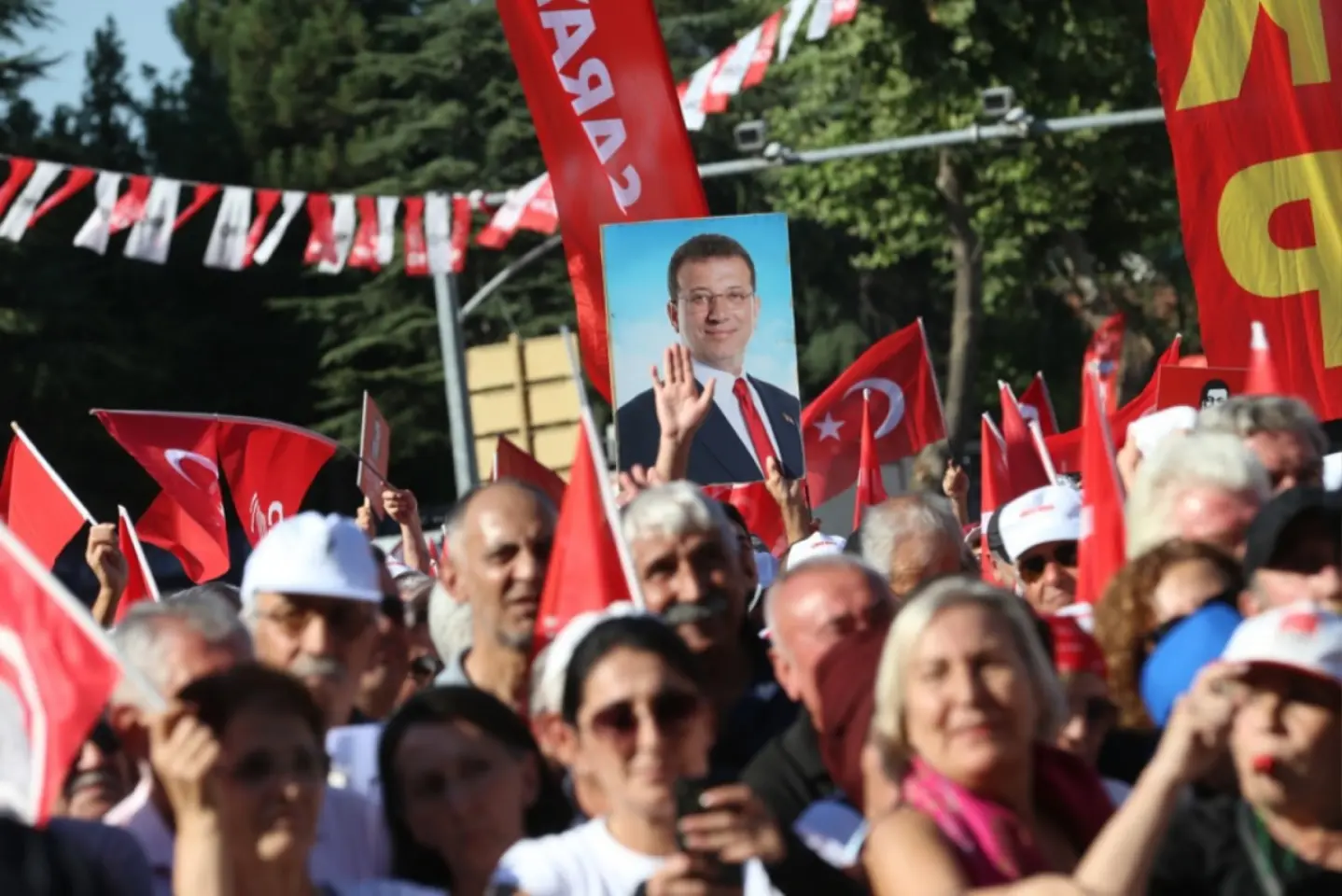
The campaign of arrests and court cases targeting Turkey's main opposition parties underscores the country's slide toward authoritarianism, a trend that has become increasingly clear over the past decade.

The PKK is giving up armed struggle, but wants recognition of the Kurdish minority. If Erdoğan accepts, Turkey can save its democracy and resume rapprochement with the EU, and the change in policy would also have regional implications.

Recep Tayyip Erdoğan's efforts to consolidate his power at home, as well as his foreign policy, have led to both the erosion of his regime and the deterioration of Turkey's relations with its traditional partners.

The arrest of the Turkish opposition leader and a series of attacks against Kurdish militants suggest that, for the Erdoğan regime, maintaining power overrides external credibility.

Putin believed that by invading Ukraine and engaging in wars in the East, he was restoring Russia's great power status. The result was Moscow's long-term loss of influence.

The names floated for the incoming Trump administration suggest that the greater Middle East will remain a focus for Washington. An attention that Iran and Turkey do not like.

The South Caucasus has a strategic position between Asia and the Black Sea, but its stability – and prosperity – are blocked by the three powers vying for influence there: Russia, Turkey and Iran.

Russia is threatening to unleash a nuclear Armageddon if certain “red lines” are crossed to prevent the delivery of weapons to Ukraine. However, the threats do not seem as serious as Putin wants everyone to believe.

The threat of a major war in the Middle East has diminished after the latest missile barrage exchange between Israel and Hezbollah. However, Muslim and Israeli extremists are blocking peace talks in Gaza and the long-term settlement of disputes in the region.

Under the Russian presidency, BRICS is getting ready for its biggest summit yet. But the organization that wants an alternative to the Western economic order, has little chance of upsetting it anytime soon.

As the development of trade routes between the West and the East is in full swing, Iran and Turkey risk being overlooked due to their own policies, despite their strategic position between the two regions.

The consolidation of Turkey’s presidential regime, to the detriment of the rule of law and in defiance of Western partners, will generate instability in the Black Sea region and trigger a wave of migrants towards the EU.
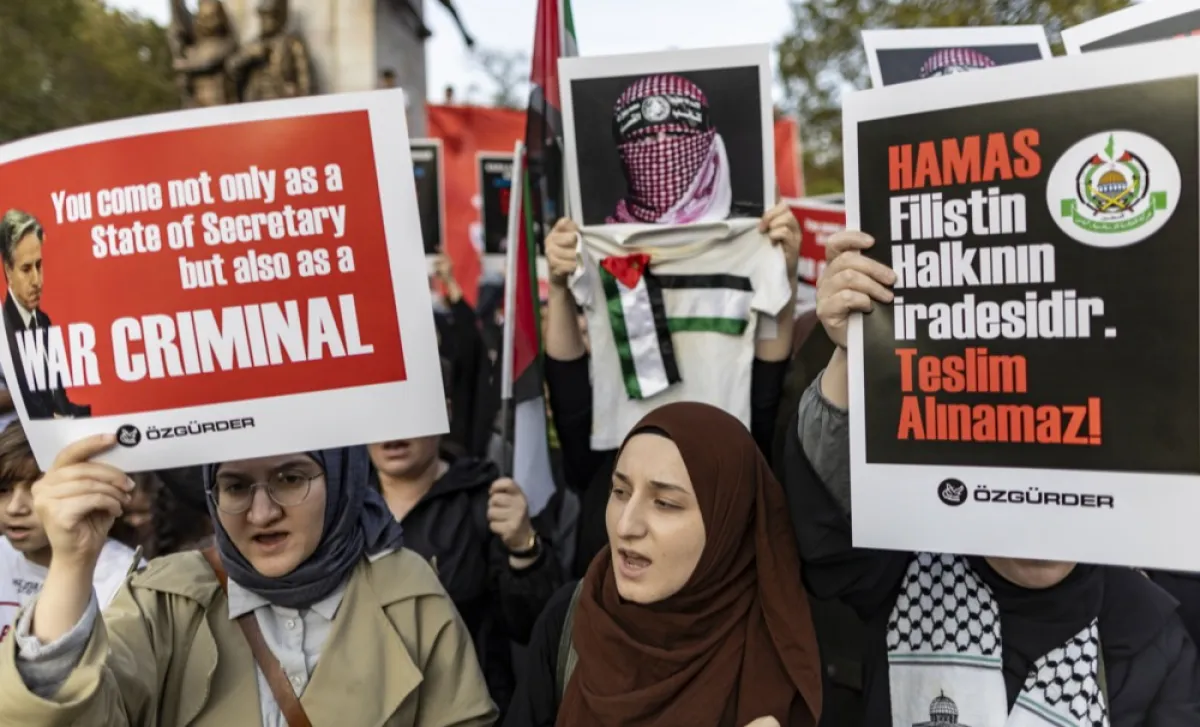
Turkey refused to condemn Hamas’ attack and criticized Israel in hopes of electoral gains for Erdoğan's Islamists. However, Turkey's regional interests will suffer.

A century after its founding, the Turkish Republic is drifting further and further away from the secular values that formed its foundation, while ethno-religious nationalism is gaining ground.

After winning the election, president Erdoğan announced Turkey will stop vetoing Sweden’s NATO accession bid. What prompted this 180-degree shift and what did Turkey get in return?

After the latest elections, Turkey seems determined to continue its combative/aggressive policies, while Greece becomes increasingly important to NATO's south-eastern flank and the EU's energy security.
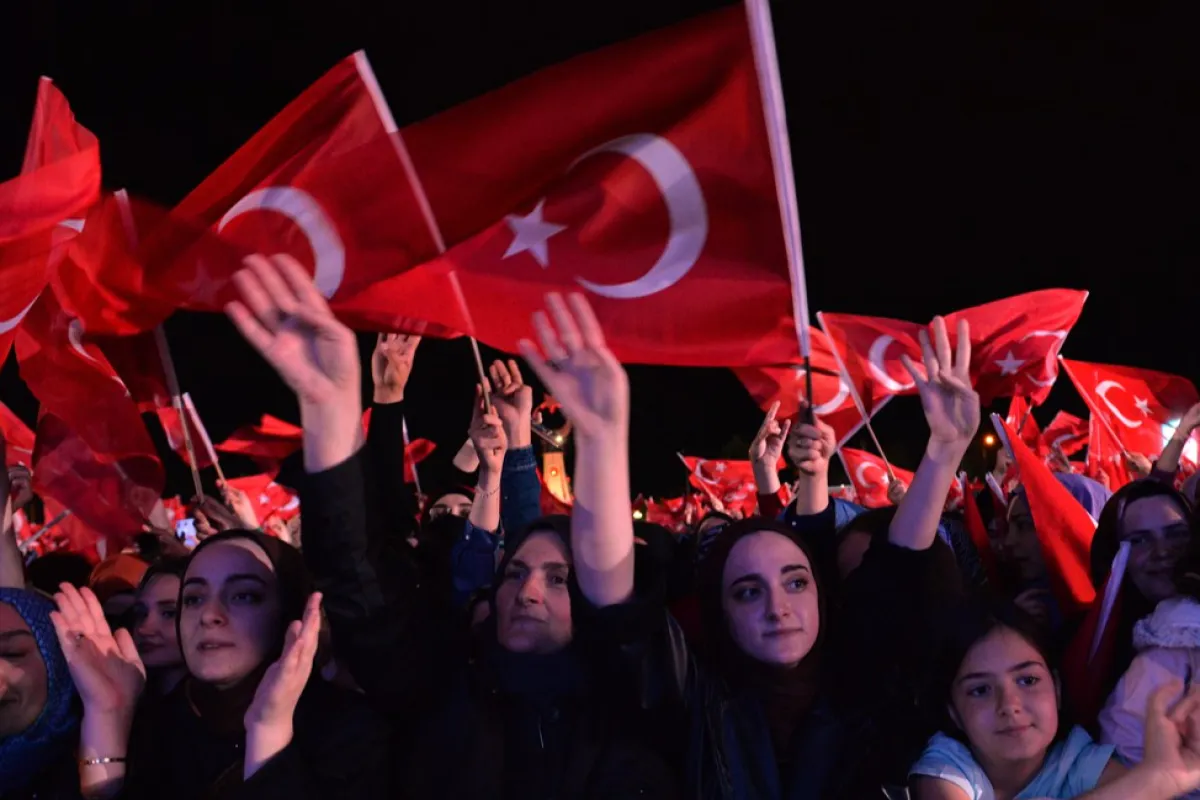
The victory of Erdoğan’s authoritarian and conservative regime is the victory of devout Turks who considered themselves repressed by the secular republican regimes of the last century.
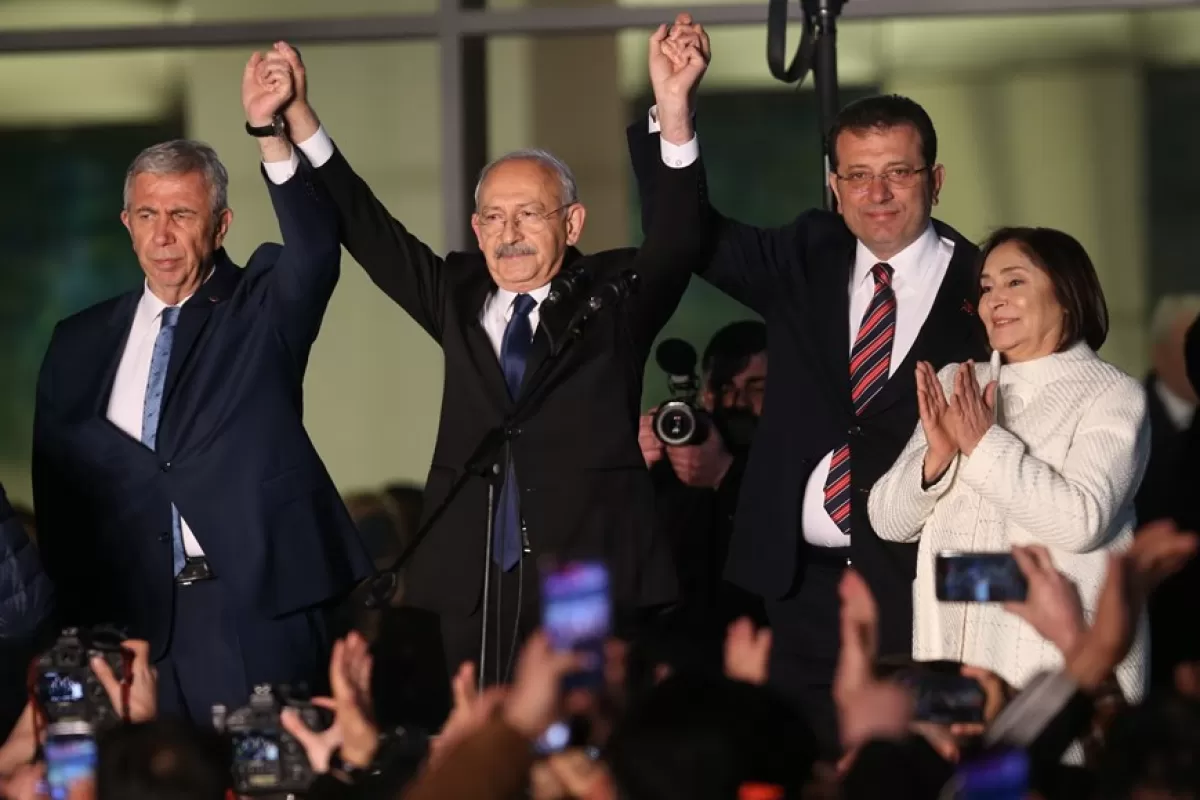
Recep Tayyip Erdoğan and his party, AKP, will face the most difficult elections in the last twenty years. The economic crisis, the February 6 earthquake, the opposition coalition and the possible mobilization of the Kurds diminish Erdoğan's chances of staying in power. The end of the Erdoğan era does not mean that Turkey will become a liberal democracy – but there is a chance that it will

The February 6 quake could deal a heavy blow to the administration led by Recep Tayyip Erdoğan, commonly seen as the man responsible for the disregard of building safety codes. The Turkish president came under heavy criticism for the authorities’ sluggish response to this disaster, which affected primarily the Kurds and the Alevi. The quake might equally exert a heavy toll on Turkey’s foreign policy, considering that Ankara’s traditional enemies have shown solidarity with the Turkish people.
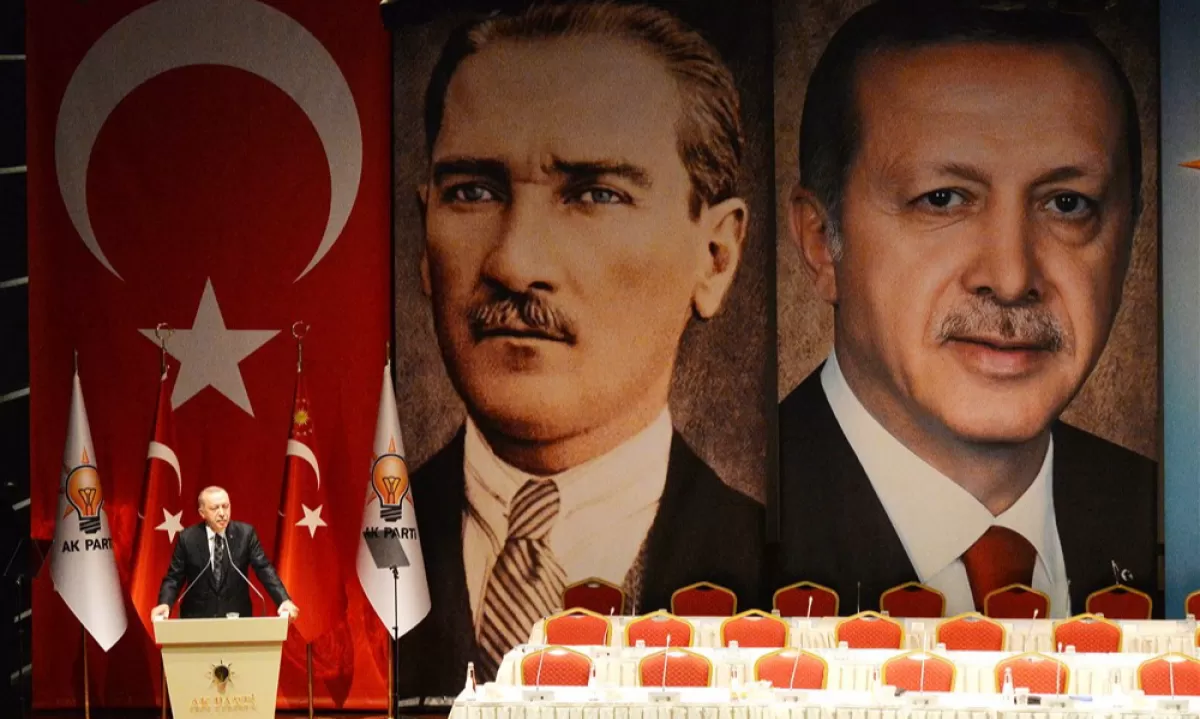
Recep Tayyip Erdoğan is trying to consolidate his regime by jockeying a third term at the helm of the country. The general elections this spring will take place amidst a severe economic crisis. To increase their odds, the Islamists have resorted to electoral handouts and sabotaging the opposition. The elections take place in a very special year: 2023 marks a century since Mustaka Kemal Atatürk proclaimed the republic, a republic which today is facing a full-blown crisis and is drifting further away from the vision of its founder.
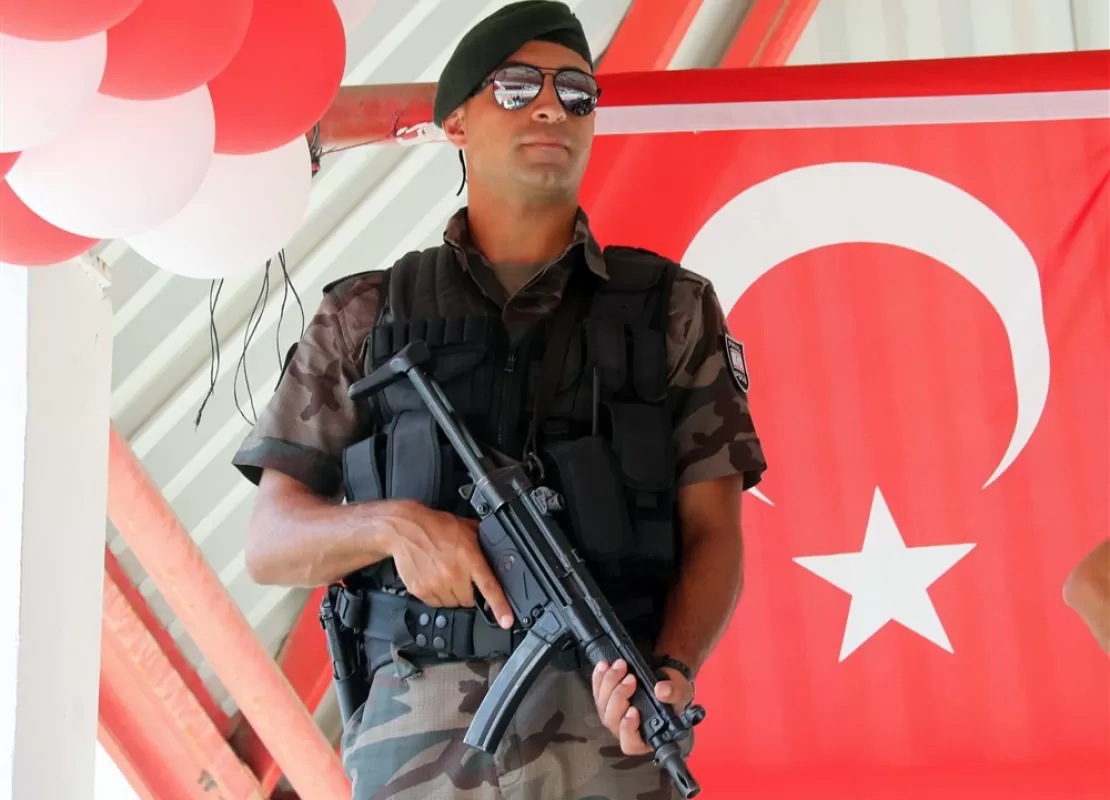
In recent years, Turkey has increasingly tried to project its power outside its borders, be it the Mediterranean Sea, with Cyprus and Libya as key pieces in Ankara's policy, sub-Saharan Africa, the Middle East, or the Caucasus. To achieve its goal, Ankara has relied on aggressive diplomacy, its defense industry and its military. This policy will continue in 2023 and its big stakes are Northern Cyprus and energy.

Turkey has bombed Kurdish positions in Iraq and Syria in response to the bomb attack in Istanbul, warning this is just the beginning. A wider operation in Syria would help the Erdoğan regime draw attention away from the country’s economic troubles. Besides, it might also be a first step towards solving the refugee crisis. Russia, a country involved in the Syrian conflict, could turn a blind eye to Ankara’s moves because it is interested in exporting natural gas via pipelines transiting Turkey.

In the first half of 2022, Turkey seemed to be trying to tone down its aggressive policies in the Middle East and the Eastern Mediterranean. Yet all these efforts were but a ruse. In fact, Ankara never renounced key elements underlying its aggressive strategy. It has recently actually dialed up its aggression in relations with Tripoli, which can further deteriorate the situation in the Eastern Mediterranean and the Middle East.
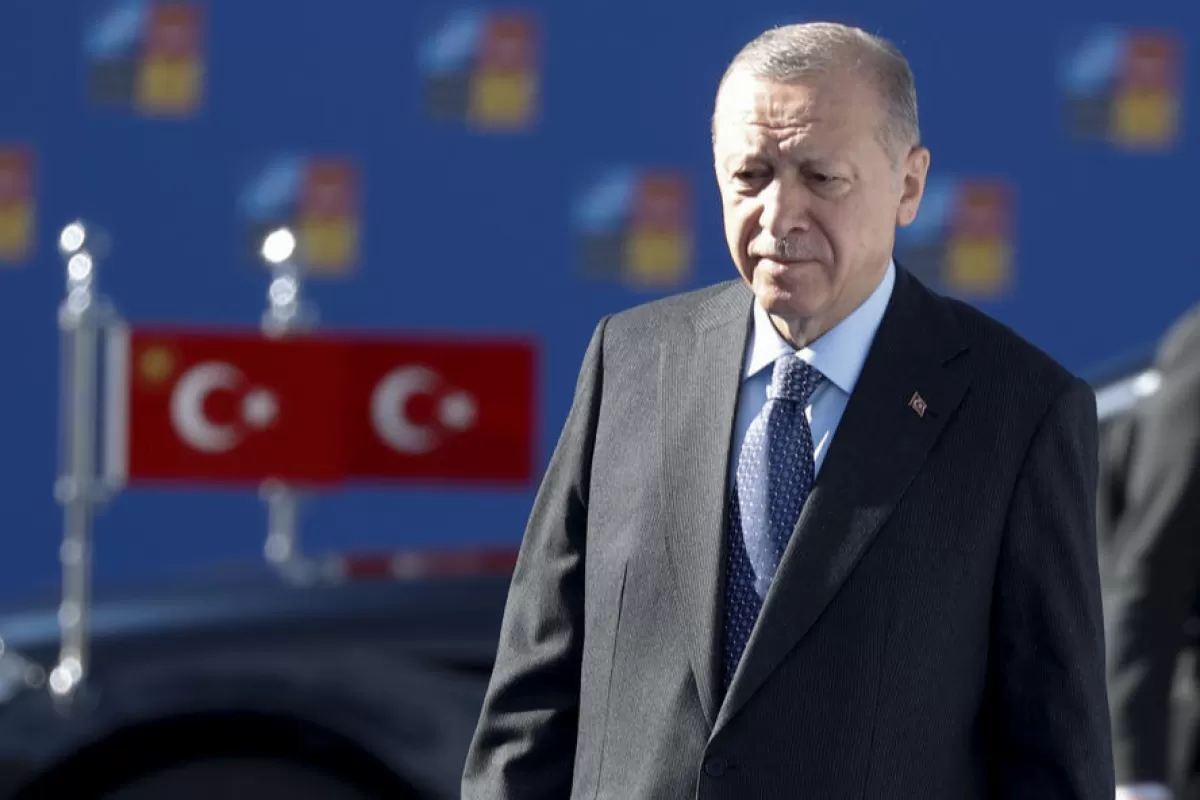
The relationship between Turkey and Greece is once again marked by tension, and Ankara's tough statements have made some observers wonder if this time there will be military confrontations. However, the current crisis seems to be related to the efforts made by the regime in Ankara to divert attention from domestic problems rather than to the old rivalry between the two countries.

Turkey is threatening with a new offensive in Syria, invoking the danger of Kurdish terrorism. This danger appears to be low in Mardin, near the Kurdish-Syrian border, which confirms expert analyses according to which the Erdoğan regime is in fact trying to divert attention from the economic crisis it is facing.

Turkey’s threats to veto Sweden and Finland’s NATO accession were interpreted as an attempt to secure certain concessions from the West in the context of economic difficulties at home. The previous policies of the Erdoğan administration – and of post-Ottoman Turkey in general – suggest that Ankara is actually pushing for more: it wants to impose its own agenda and perception over its allies.

More and more international observers wonder if Turkish leaders, Recep Tayyip Erdoğan in particular, are truly capable of implementing a change. There are some signs indicating this might be possible, although the more knowledgeable pundits remain sceptic, claiming that a return to the reformist agenda of the early years of the government’s mandate (2002-2009) is impossible.
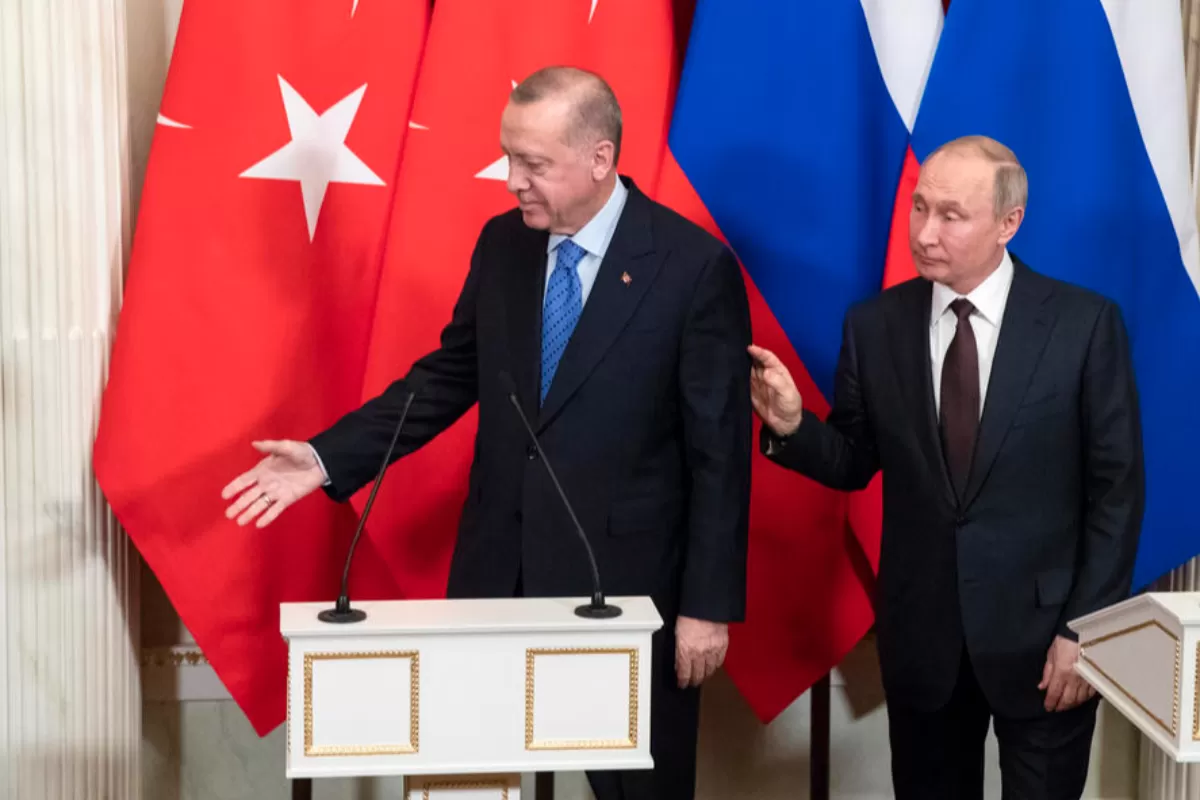
Against the backdrop of a worsening economic crisis, Turkey is trying to reconnect with its former allies, after years of pushing them away with its aggresive rhetoric and policies. However, Ankara must also take into account its relationship with Russia, given that it is dependent on that country for energy, agricultural products, tourism and trade.
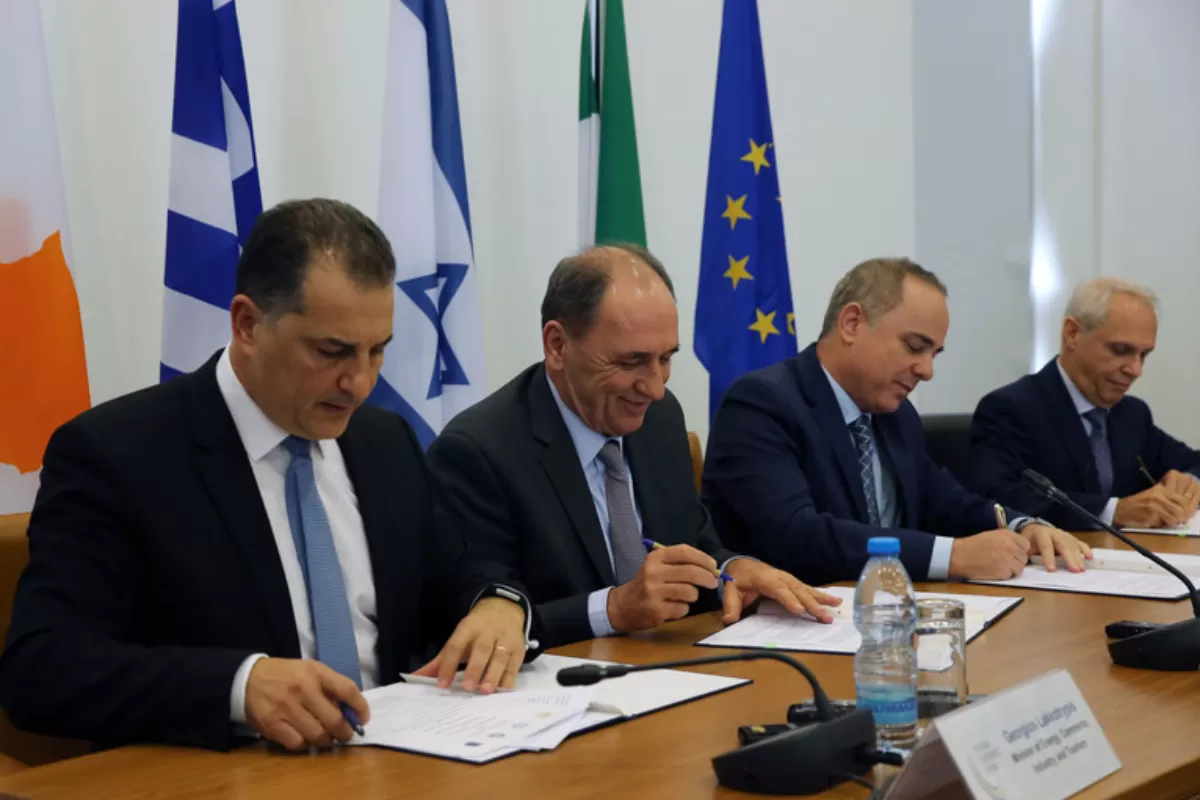
The discovery in recent years of significant deposits of natural gas in the Eastern Mediterranean area has triggered a competition with possible long-term ramifications, not just for countries that own the deposits in question, but also on the European Union’s strategic sovereignty.
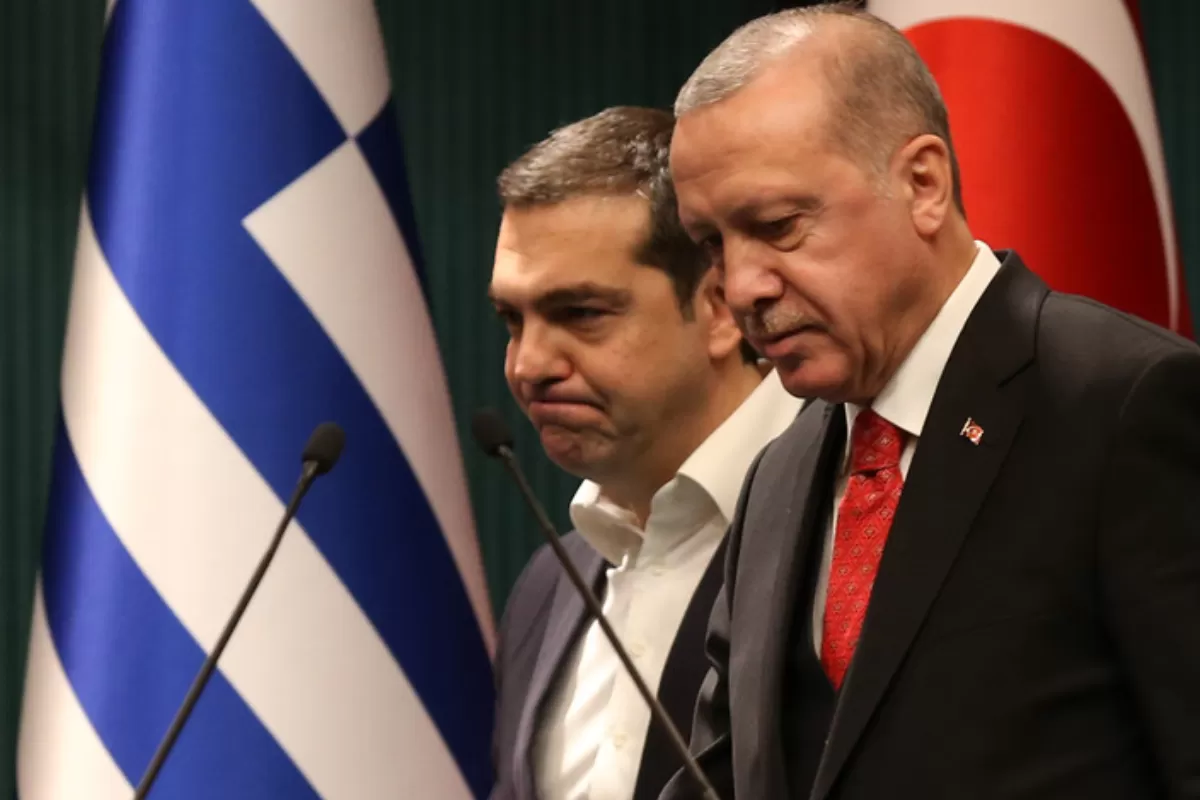
Both Greece and Turkey have been marked in recent years by crises managed by populist politicians. While Athens seems to have overcome the momentum with the help of the EU - which has also blocked dangerous slips - Ankara continues to sink into crisis and move away from Brussels.
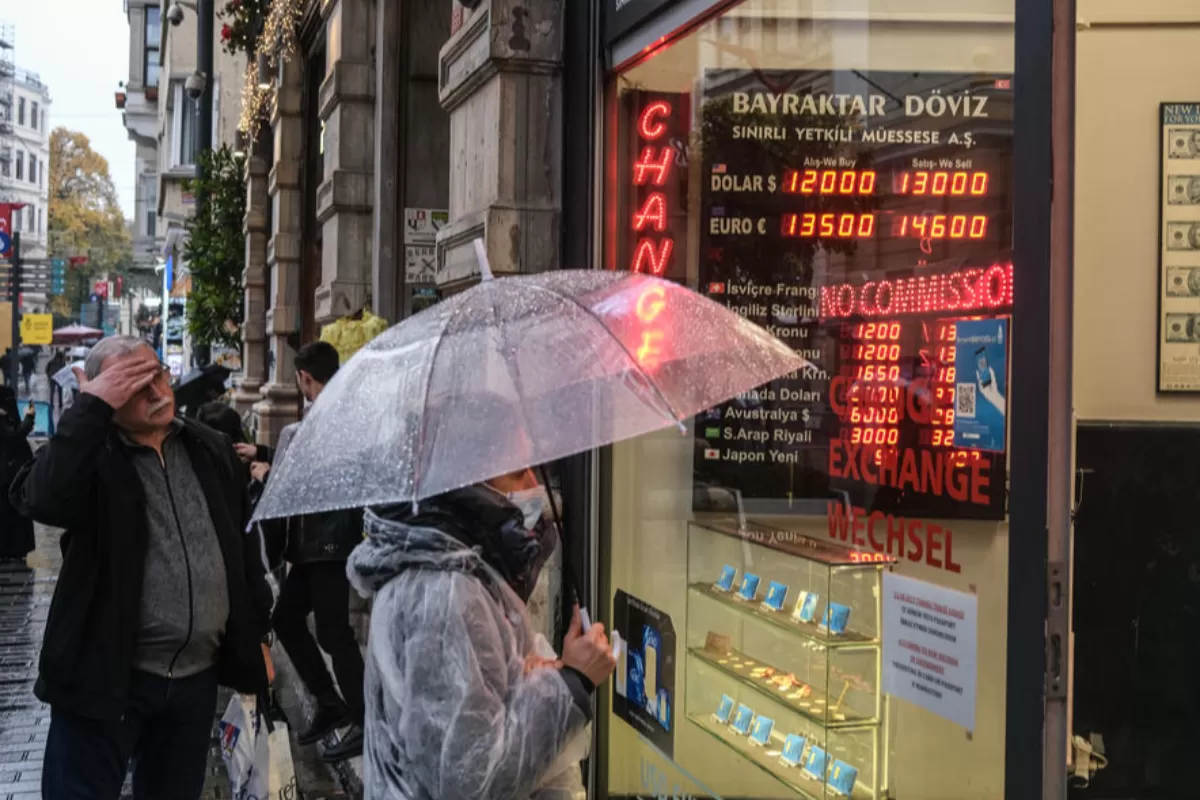
The collapse of the Turkish lira is largely the result of Ankara's policies. These are policies dependent on the Islamic-conservative ideology and populist-authoritarian tendencies of the Erdögan regime, the first to seriously challenge Atatürk's view of the state.

On October the 23rd, Turkish President, Recep Tayyip Erdoğan said that he had told his foreign minister to declare ten ambassadors persona non grata, after they asked for the release of an activist jailed for years. Seven of these were ambassadors from NATO allied countries, including the US and European heavyweights France and Germany. The crisis, which threatened to be the most severe between Ankara and its allies since Erdoğan came to power, was eventually eased, but nonetheless, it was indicative of Erdogan’s stance towards the West.